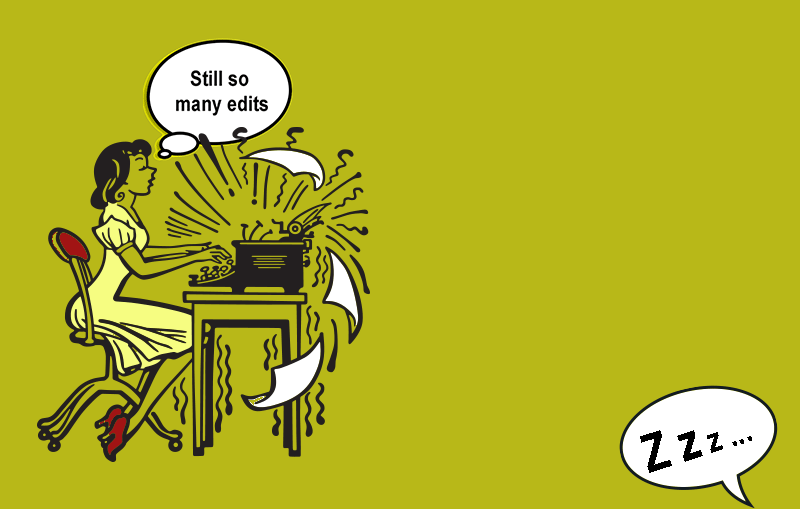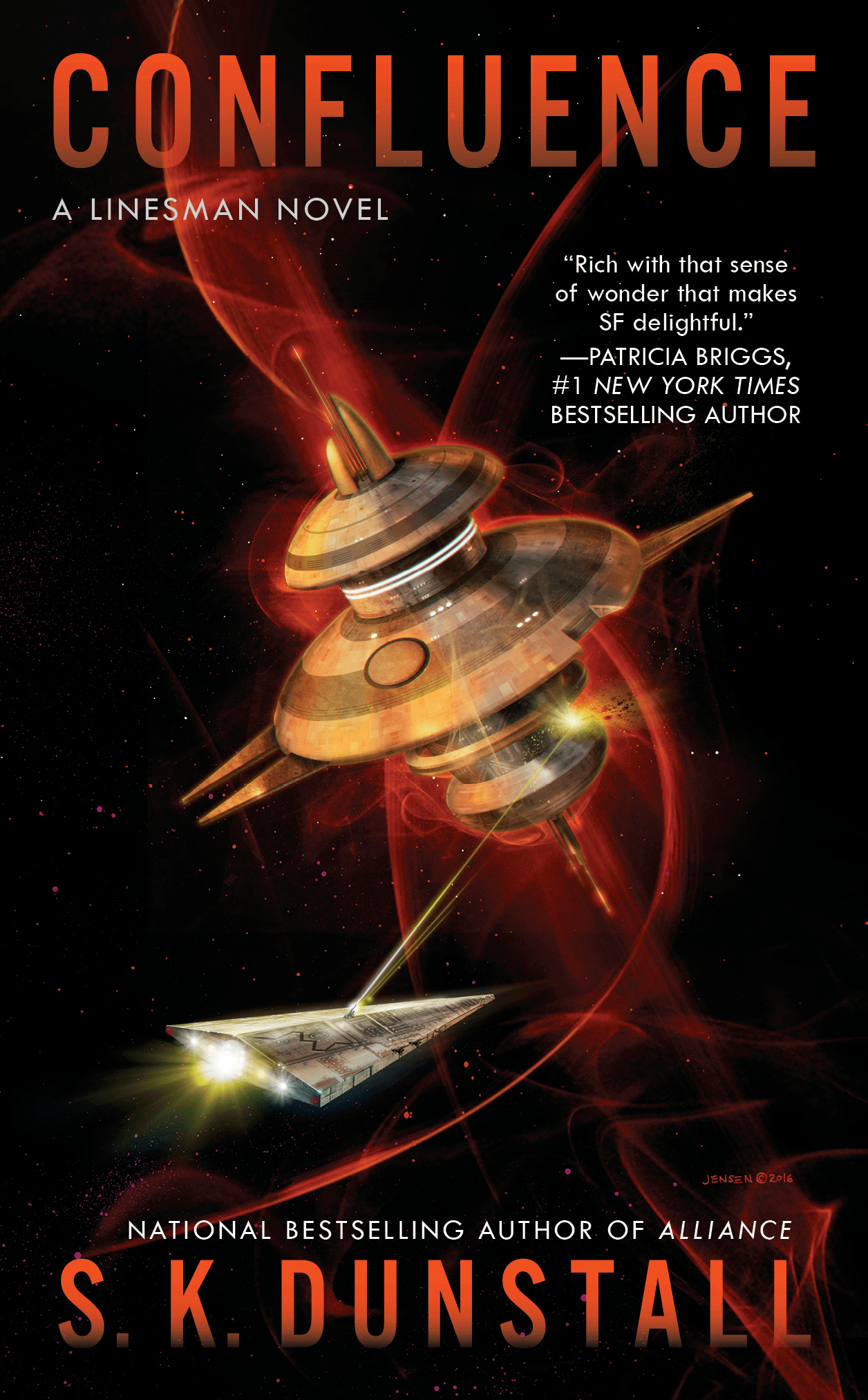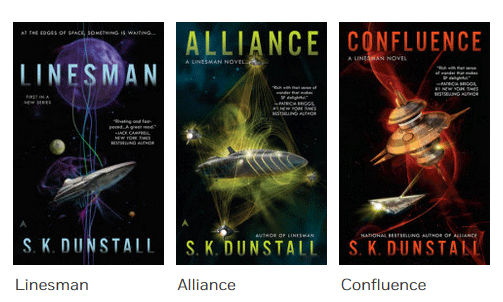Our niece is in hospital.
“We’ll bring you some books,” we said. “What do you like to read.”
“I don’t like fiction. I like real stuff. True life. Things that can happen. Chopper Read. That was good. And I read another one about a woman who had to escape from her abusive husband.”
“I’m close to a bookshop,” I told Sherylyn. I’ll get the books on the way.”
I confess, we love our fiction. Neither of us read a lot of true life. Sherylyn reads more than me, but given a choice between a novel and a true-life story, we’ll take the novel every time.
But everyone has different tastes, and most of all I wanted to give something that our niece would enjoy. I thought it would be easy. I’d just walk into the bookshop, find the true life stories, pick up three or four, and be out in ten minutes.
It wasn’t like that at all.
There were so many stories about criminals and serial killers. I know she liked Chopper, but I still found it difficult to buy books about serial killers. There were a lot of books about people who’d overcome illness of some kind. While she may have liked them, I wasn’t sure. She was in hospital, after all. It’s a bit like going to see someone who’s sick and saying, “Well, here’s some stories about sick people to make you feel even worse.” So that limited things somewhat.
Worse, I found I couldn’t just pick up books and hope she’d like them. They had to books that I would pick up and read myself.
I spent two hours in the bookshop, and came out with three books. One about a woman who opened an orphanage in Vietnam, one about a man who had been adopted out as a young boy, then years later follows up on his birth parents and discovers his father is a notorious killer. And the third one was about a bikie who travelled.
I don’t know what our niece will think of them. But I like to think that even if she doesn’t like them, and leaves them at the hospital for someone else to read, someone else might enjoy them. 🙂





